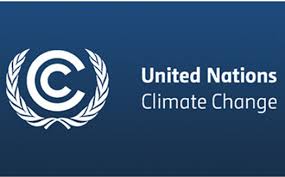
The United Nations has urged world leaders to confront poverty and climate change as a single, shared challenge, after revealing that nearly 80 percent of the world’s poorest people are directly exposed to worsening environmental threats.
The UN warned that the most impoverished communities are bearing a “double and deeply unequal burden” from global warming, despite contributing the least to the crisis.
“No one is immune to the intensifying effects of climate change, but it’s the poorest who face the harshest impact,” said Haoliang Xu, Acting Administrator of the UN Development Programme (UNDP). He urged world leaders to treat climate action as a direct fight against poverty at the upcoming COP30 summit in Brazil.
The annual report, jointly released by the UNDP and the Oxford Poverty and Human Development Initiative, found that 1.1 billion people, or 18 percent of the population across 109 countries — live in acute multidimensional poverty, measured by indicators such as infant mortality, access to housing, sanitation, electricity, and education.
Half of those affected are children. Sub-Saharan Africa and South Asia were identified as the hardest-hit regions, where poverty overlaps with high vulnerability to environmental risks.
According to the study, 887 million poor people face at least one major climate threat, with 608 million exposed to extreme heat, 577 million to air pollution, 465 million to floods, and 207 million to drought.
“These communities often depend on fragile sectors like agriculture and informal labour, leaving them especially vulnerable when disasters strike repeatedly,” the report said.
The UNDP called for policies that prioritise “people and the planet,” warning that without urgent investment in climate resilience, decades of progress in poverty reduction could be undone for millions worldwide.


